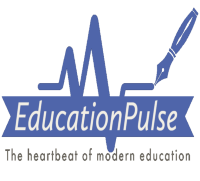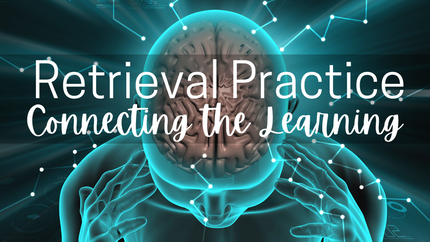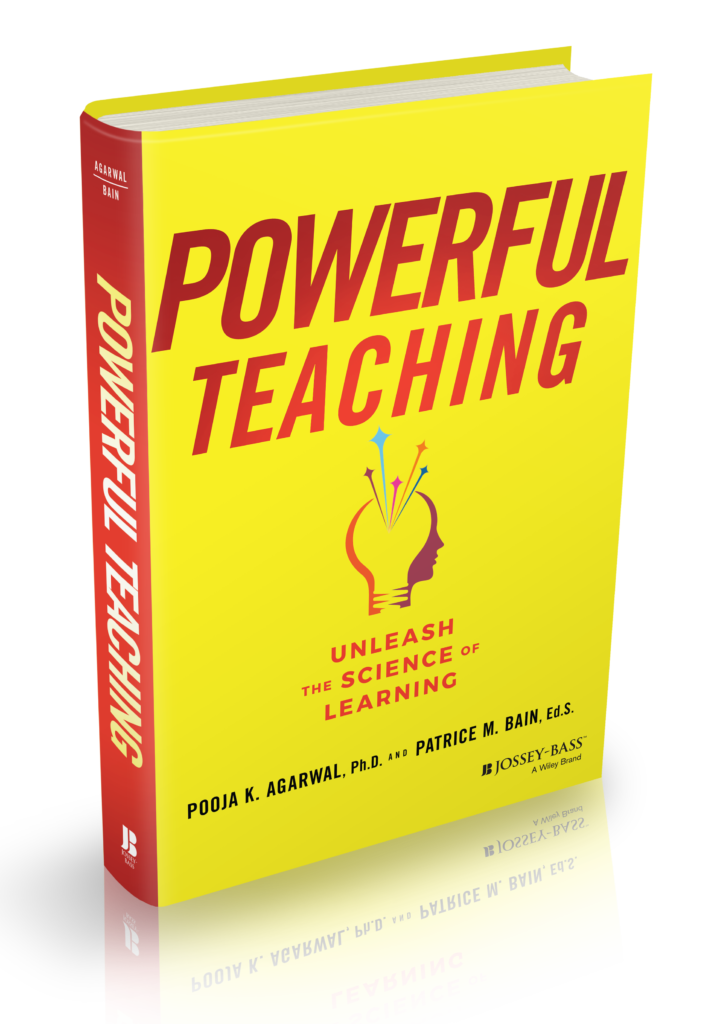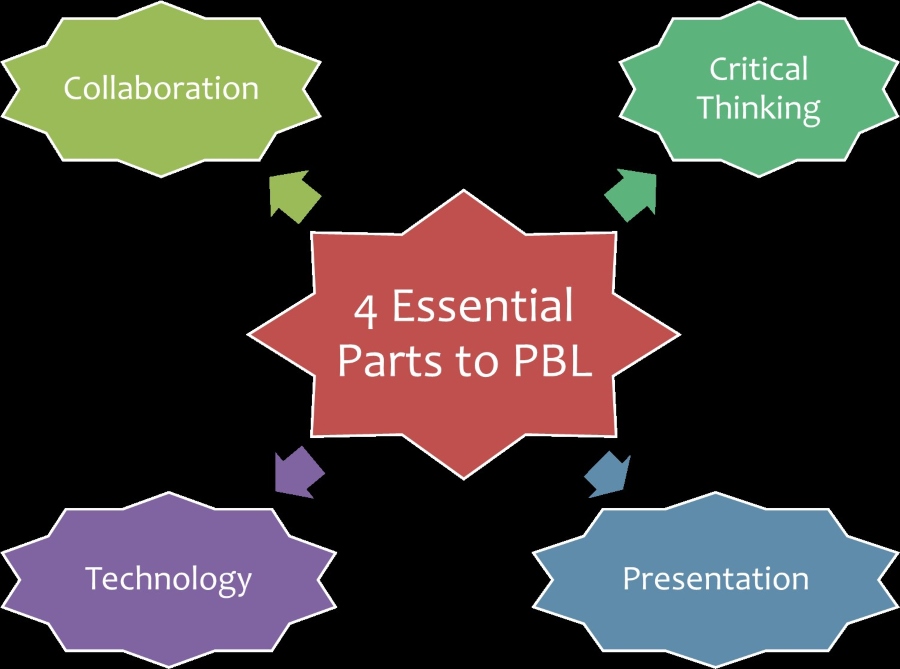Co-Teaching at HCSS
What is Co-teaching? At Hampden Charter School of Science, we are constantly looking for educational ideas and techniques to help improve our student success in and out of the classroom. This year, we piloted our first co-taught classroom, and hope to expand more into a co-teaching model in the new HCSS Middle School. But what is co-teaching exactly? Co-teaching, according …










